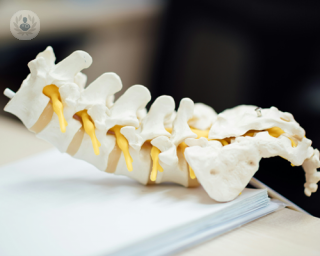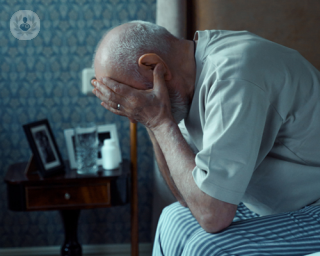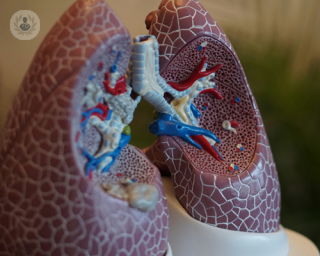
Written by Top Doctors
Surgery
Gallstone surgery explained: What you need to know
Gallstones are hardened deposits of bile that form in the gallbladder and can cause severe abdominal pain, nausea, or complications like inflammation and infection. When gallstones cause recurrent symptoms or complications, surgery is often recommended. Understanding the surgical options available and what the procedure entails can help patients prepare for treatment and recovery.









